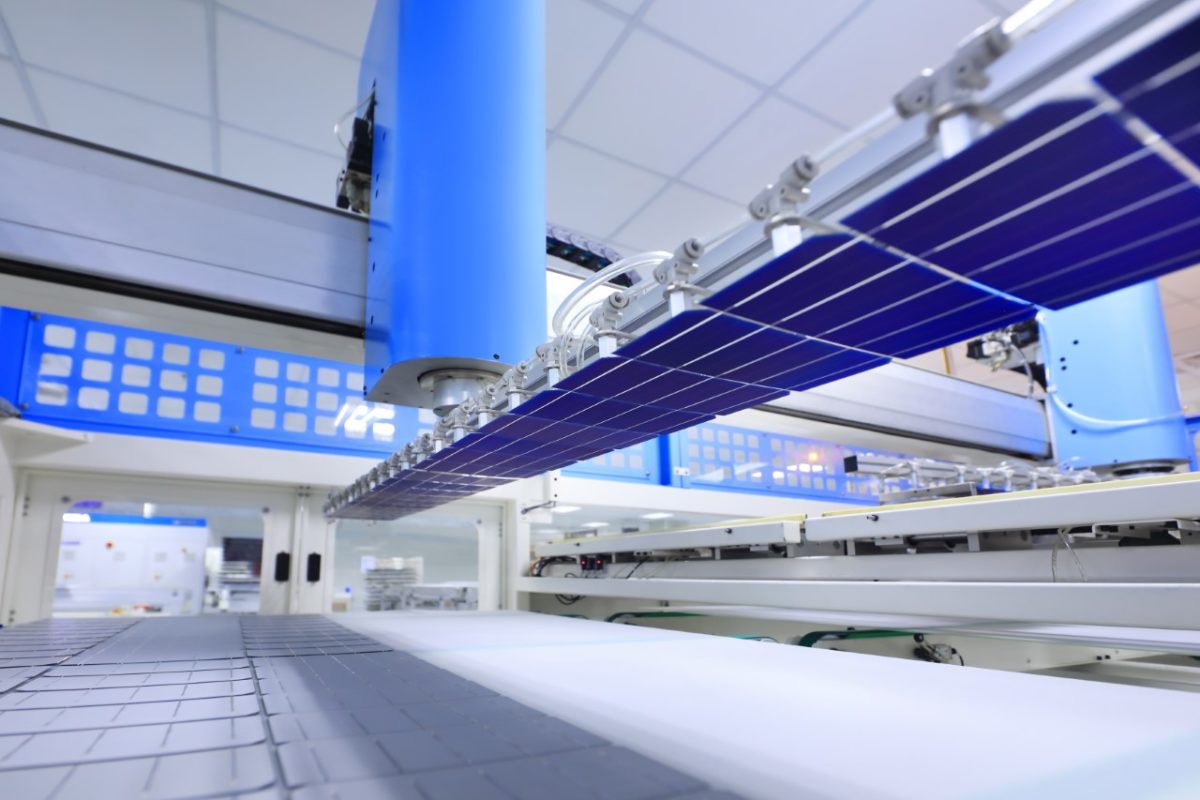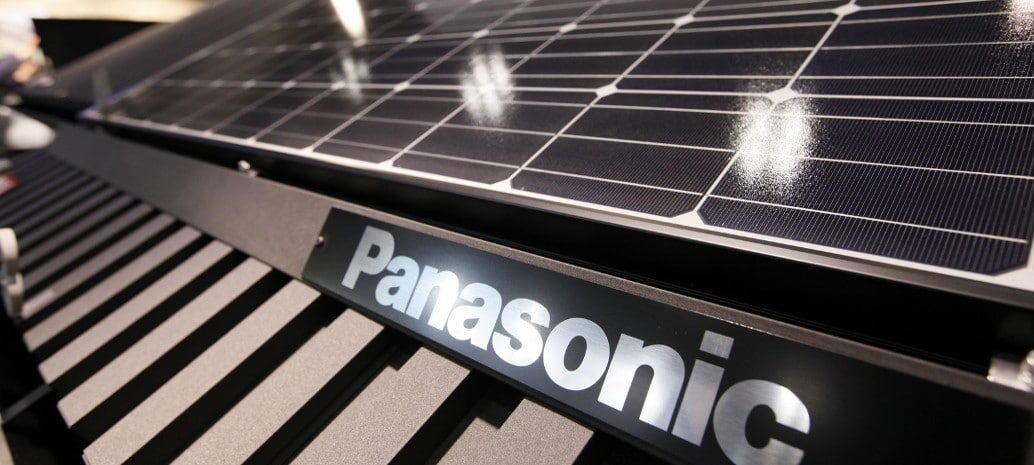Chinese solar manufacturer Seraphim has launched a new shingled photovoltaic module with power output of up to 440 W. The half-cell module is manufactured by cutting 158.75mm cells into six pieces and replacing the traditional ribbon with electrical conductive adhesive, the company explained.
The manufacturer added the panel has an efficiency of 20.81% and attenuation rate that is 1.7% lower than conventional modules.
“If innovation is our internal strength, then this new 158 shingled module is our weapon to win the market. Seraphim is one of the first companies in the industry to start mass production of shingled modules,” the company said in a press release.
According to the product datasheet, the 2110 x 1002 x 40 mm panel relies on PERC monocrystalline cells and has a weight of 23.0 kg.
Seraphim and Chinese manufacturer Lu’An Solar unveiled last week a plan open a 5 GW PV panel manufacturing facility in the Jiangsu Yixing Economic Development Zone, in China’s Jiangsu province. The two manufacturers said that they will produce the high-efficiency modules at the new facility, but they did not disclose any additional details.
High-power, high-density shingled solar panels have strong rooftop PV potential. They usually feature a busbar-free structure in which only a small proportion of cells are not exposed to sunlight. The cells are bonded to form a shingled high-density string and the resulting strips are connected through a conductive adhesive. The reduced number of busbars reduces shadowing losses.
Shingled modules also require no ribbon soldering – a major cause of mechanical stress and micro-cracks.
This content is protected by copyright and may not be reused. If you want to cooperate with us and would like to reuse some of our content, please contact: editors@pv-magazine.com.




1 comment
By submitting this form you agree to pv magazine using your data for the purposes of publishing your comment.
Your personal data will only be disclosed or otherwise transmitted to third parties for the purposes of spam filtering or if this is necessary for technical maintenance of the website. Any other transfer to third parties will not take place unless this is justified on the basis of applicable data protection regulations or if pv magazine is legally obliged to do so.
You may revoke this consent at any time with effect for the future, in which case your personal data will be deleted immediately. Otherwise, your data will be deleted if pv magazine has processed your request or the purpose of data storage is fulfilled.
Further information on data privacy can be found in our Data Protection Policy.